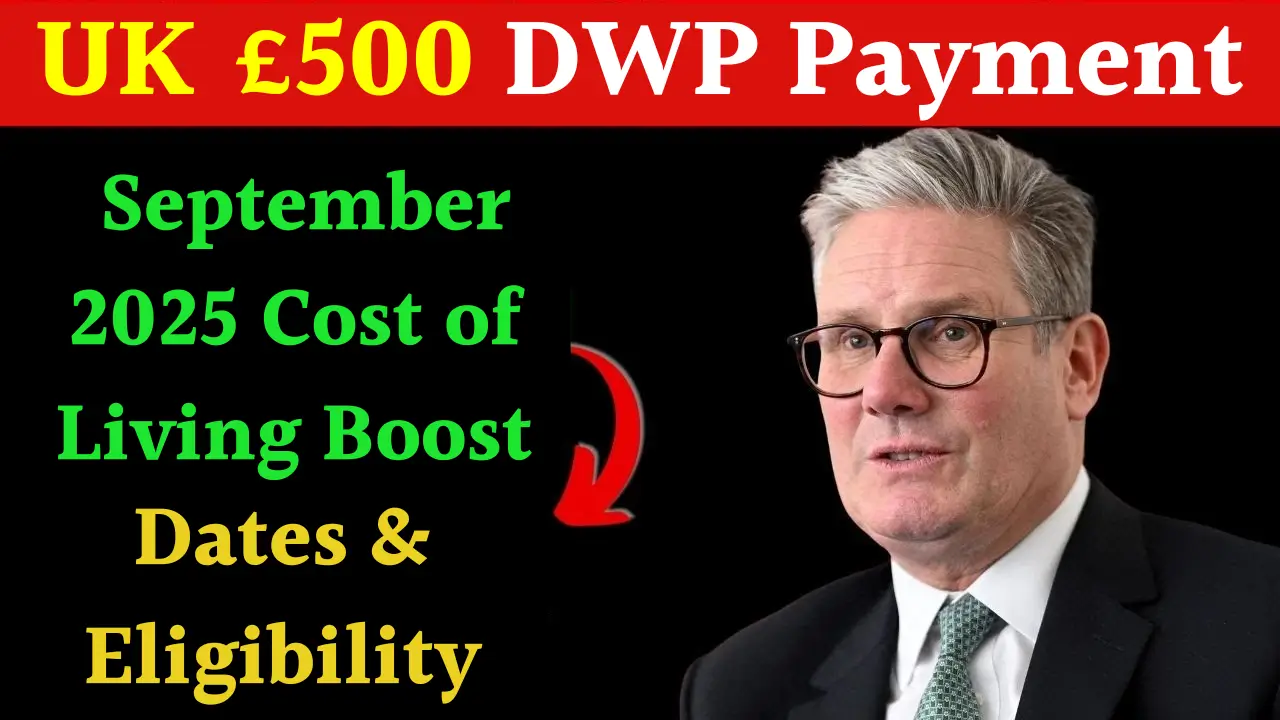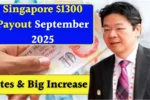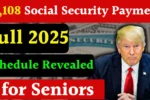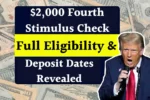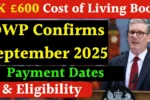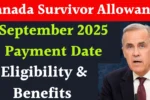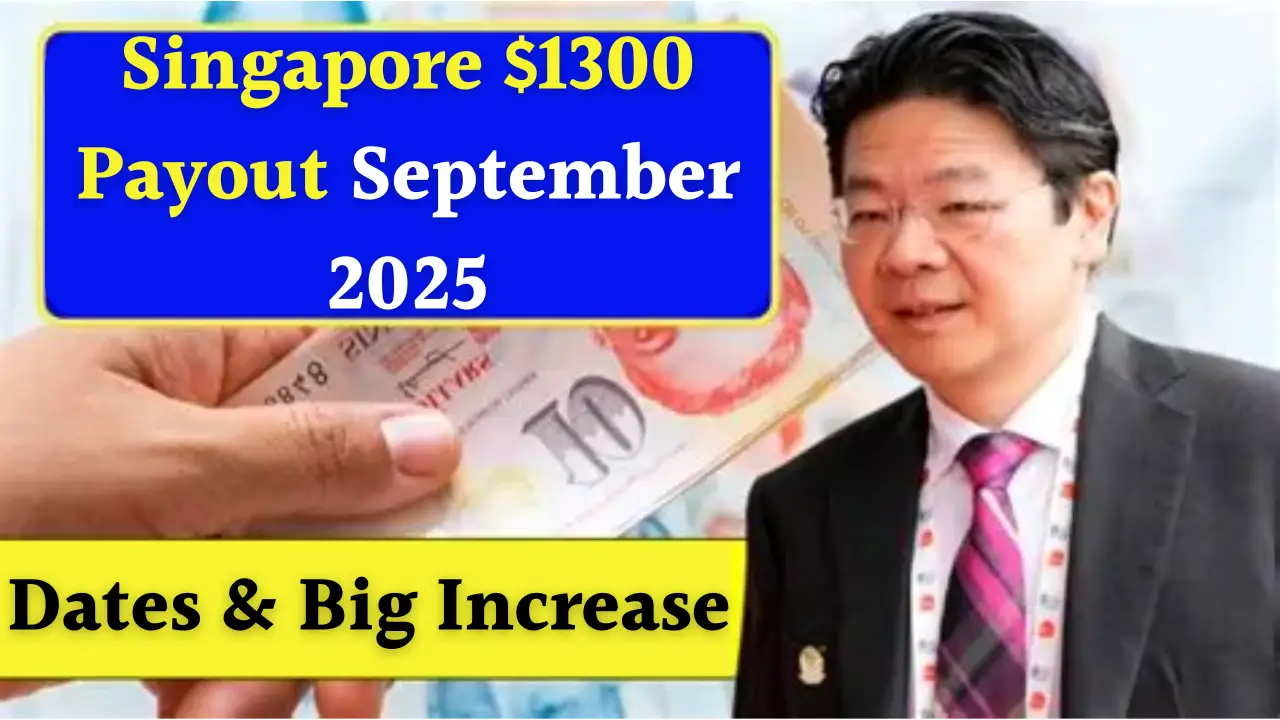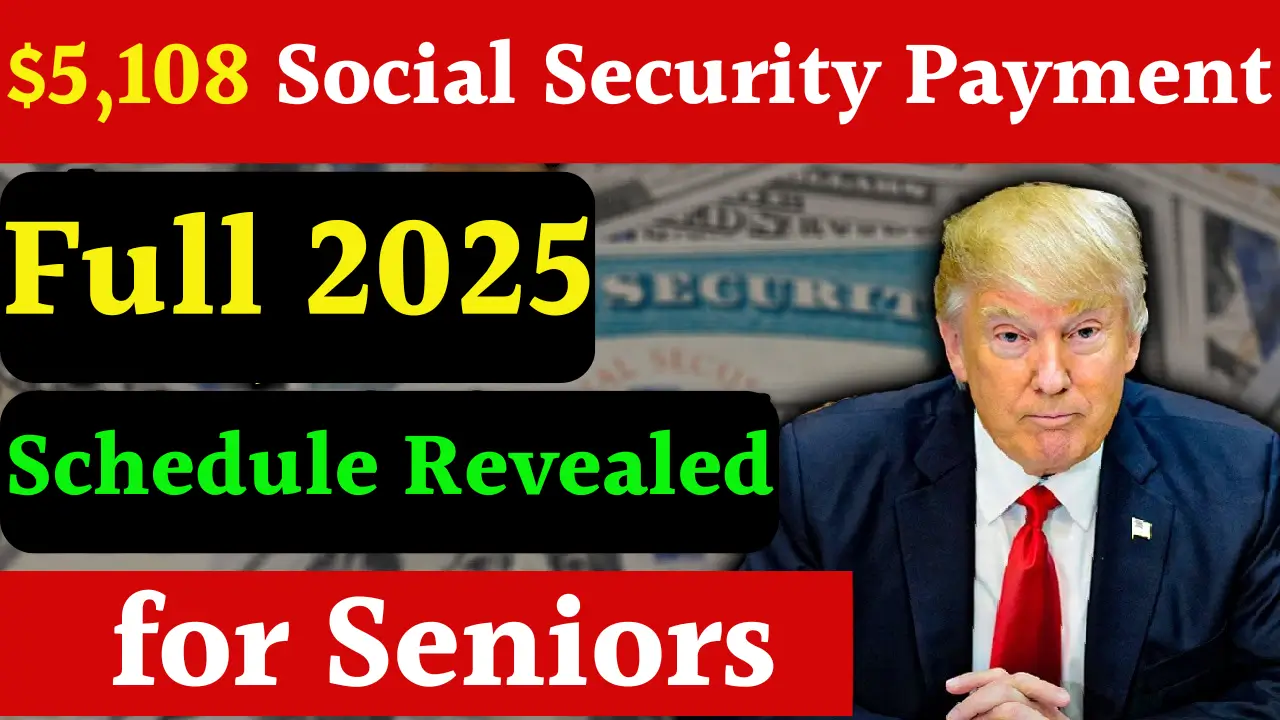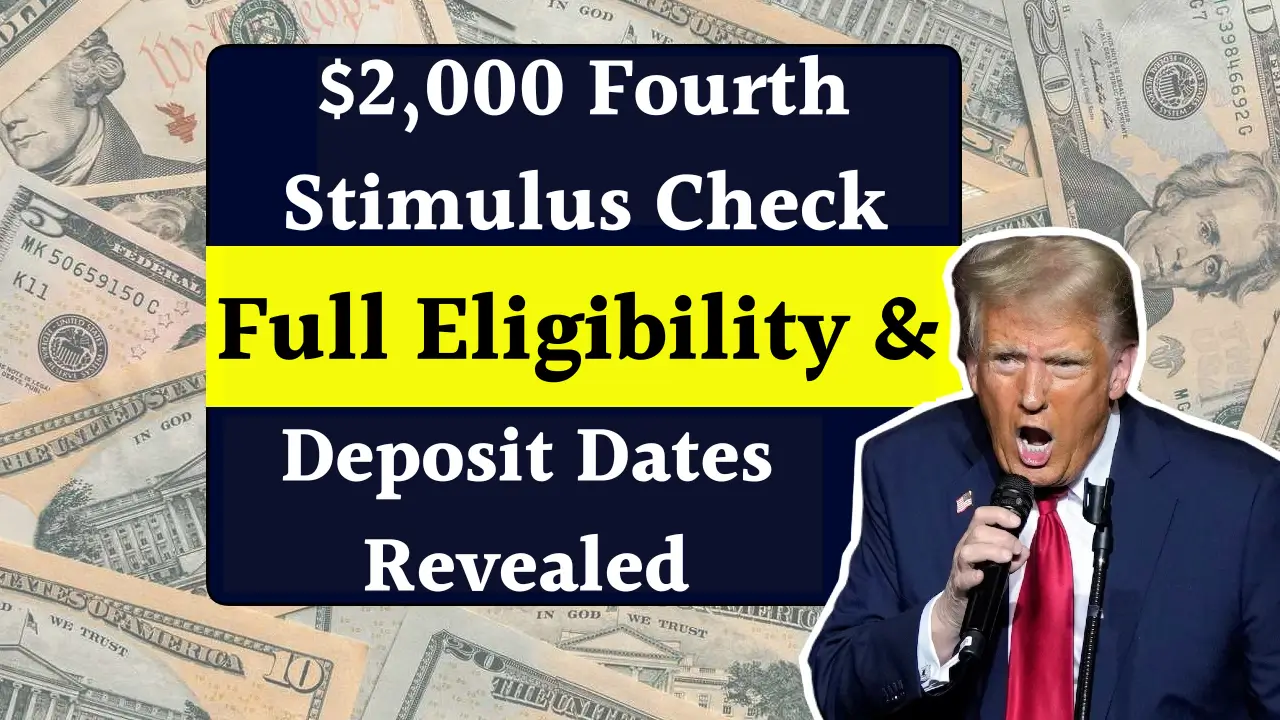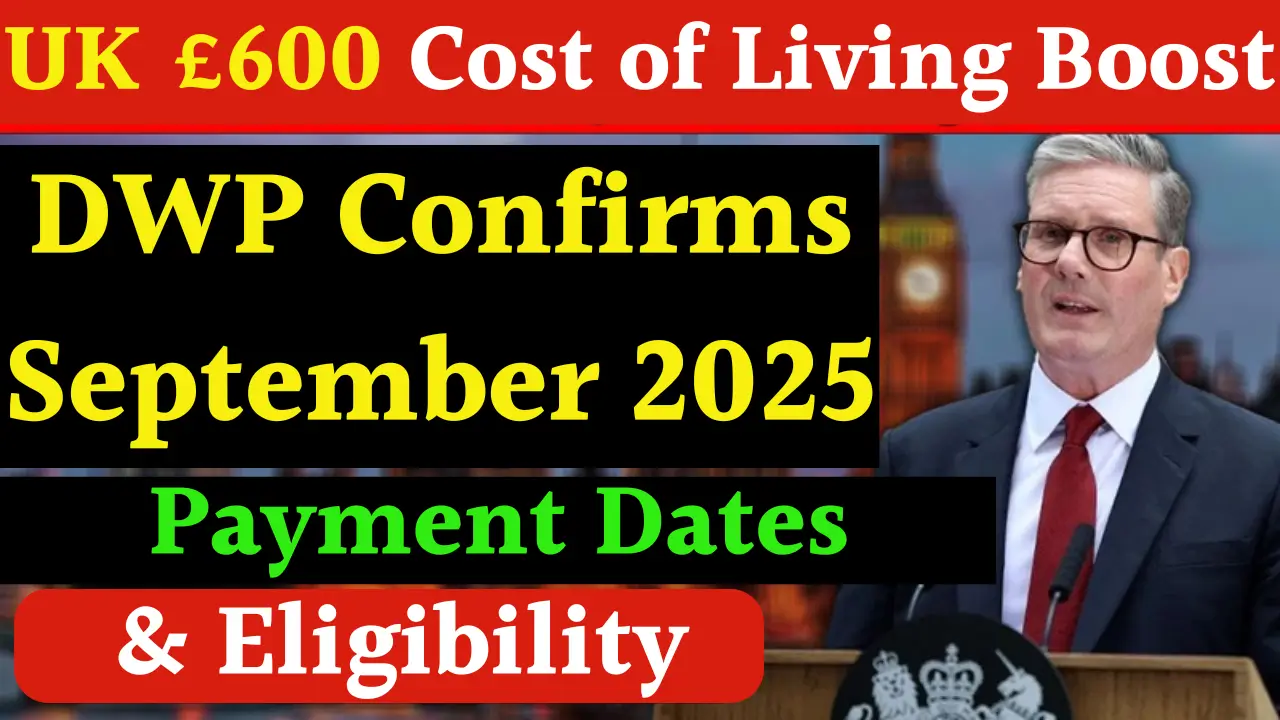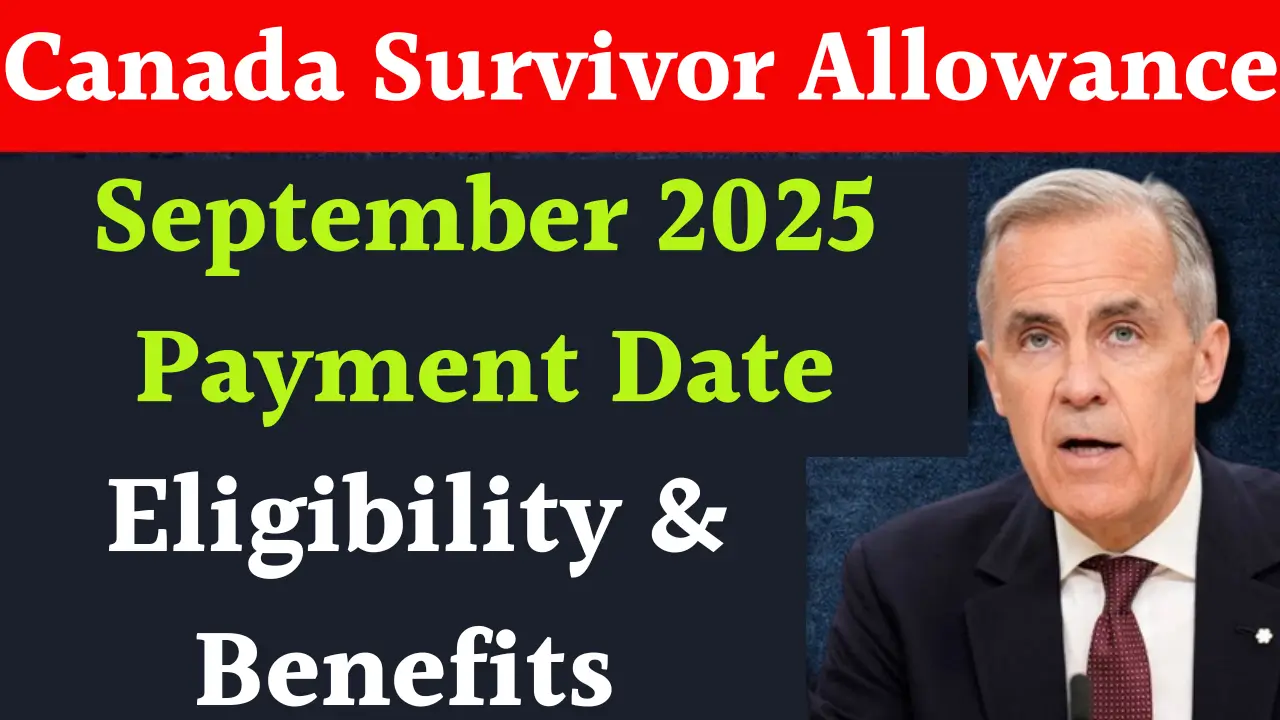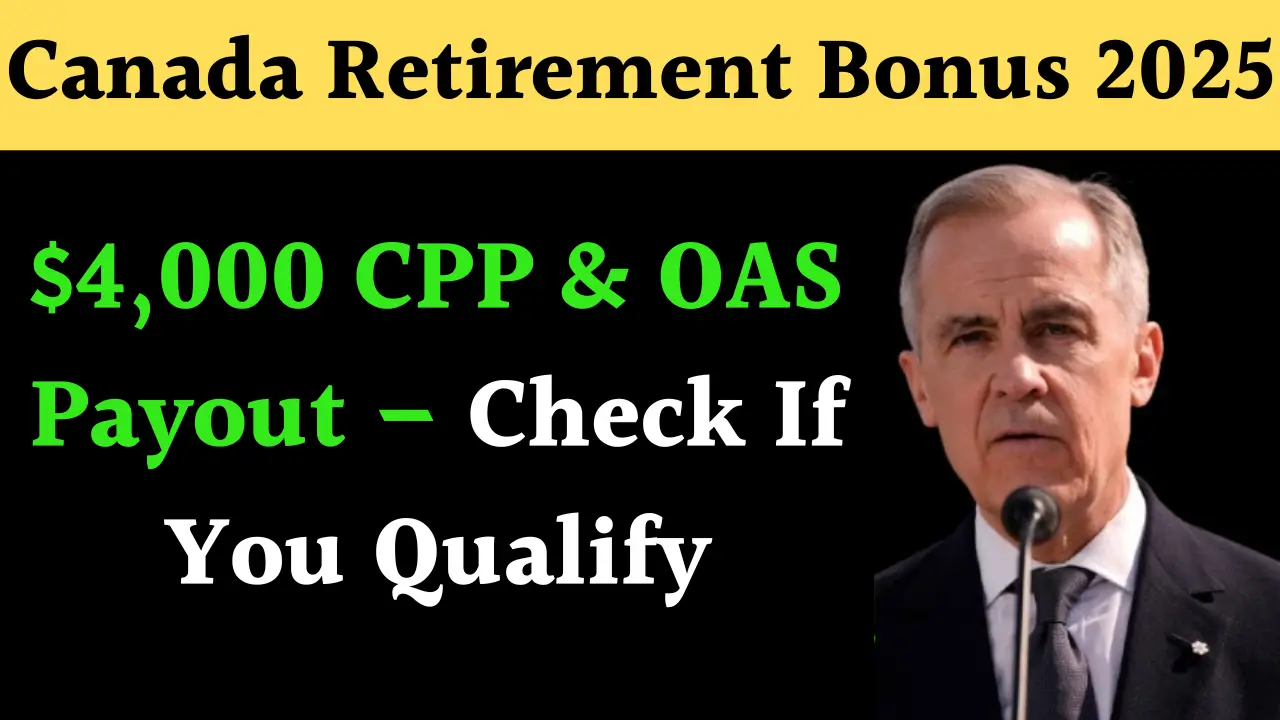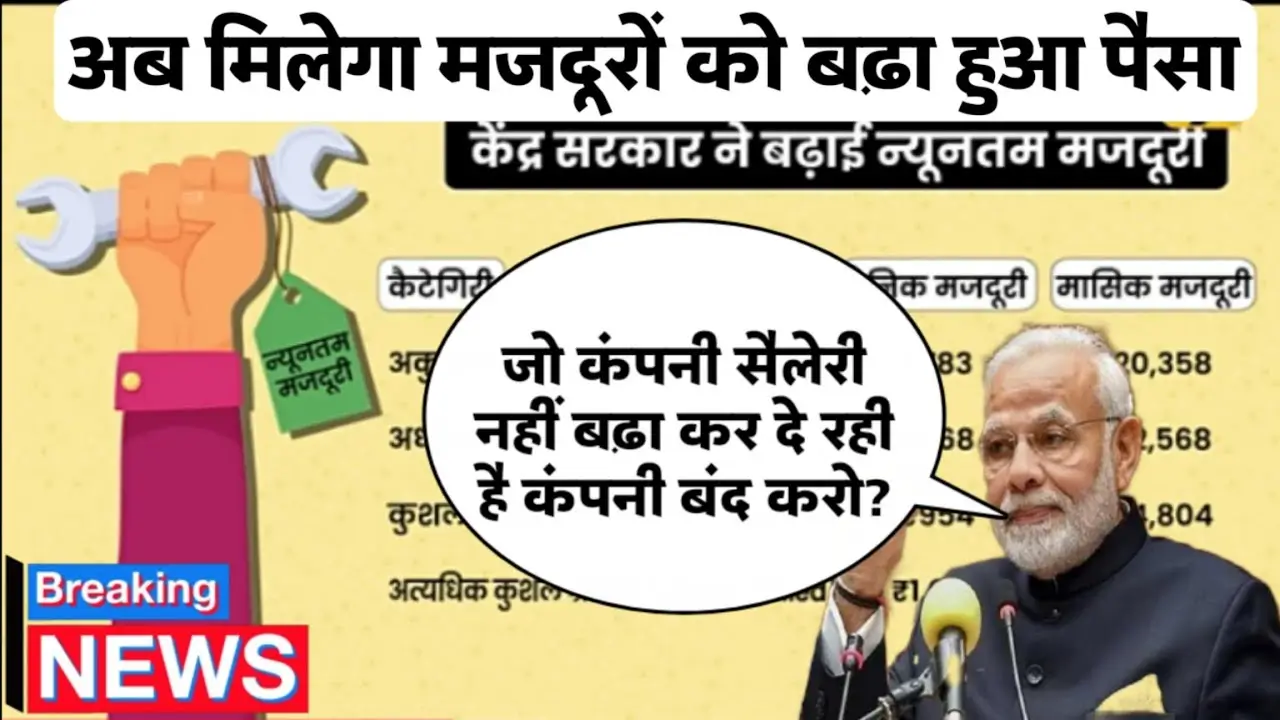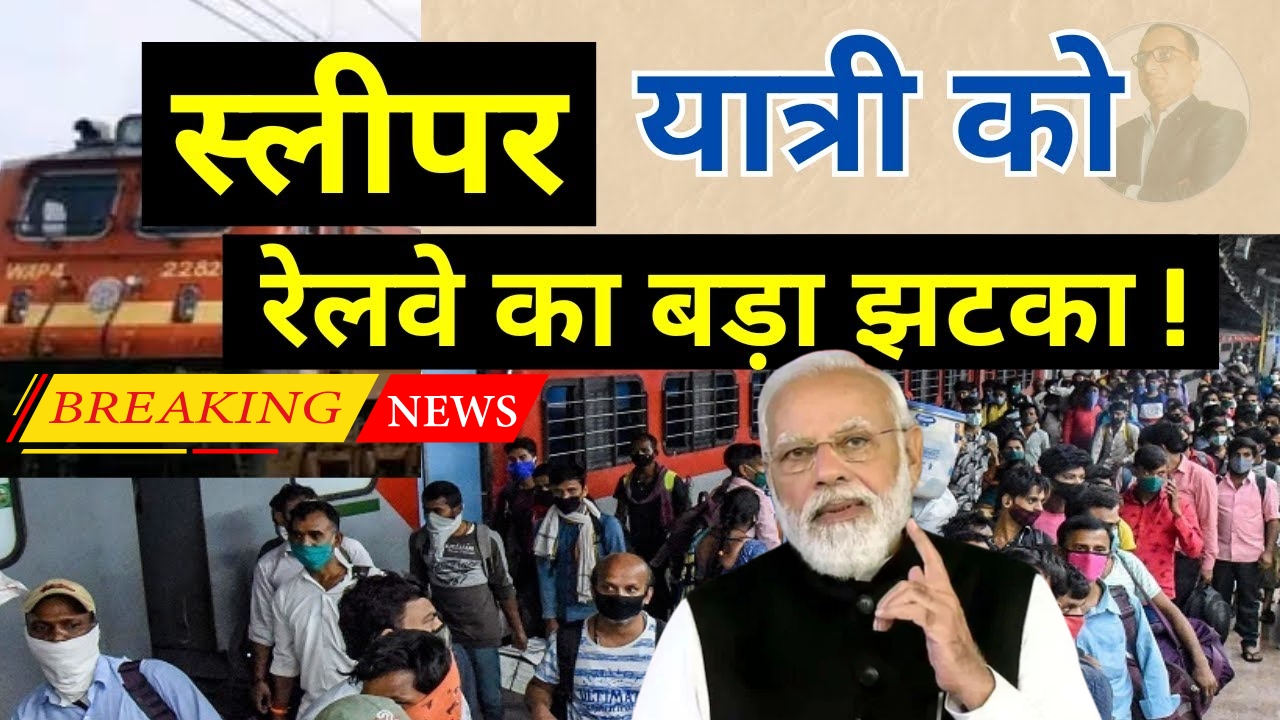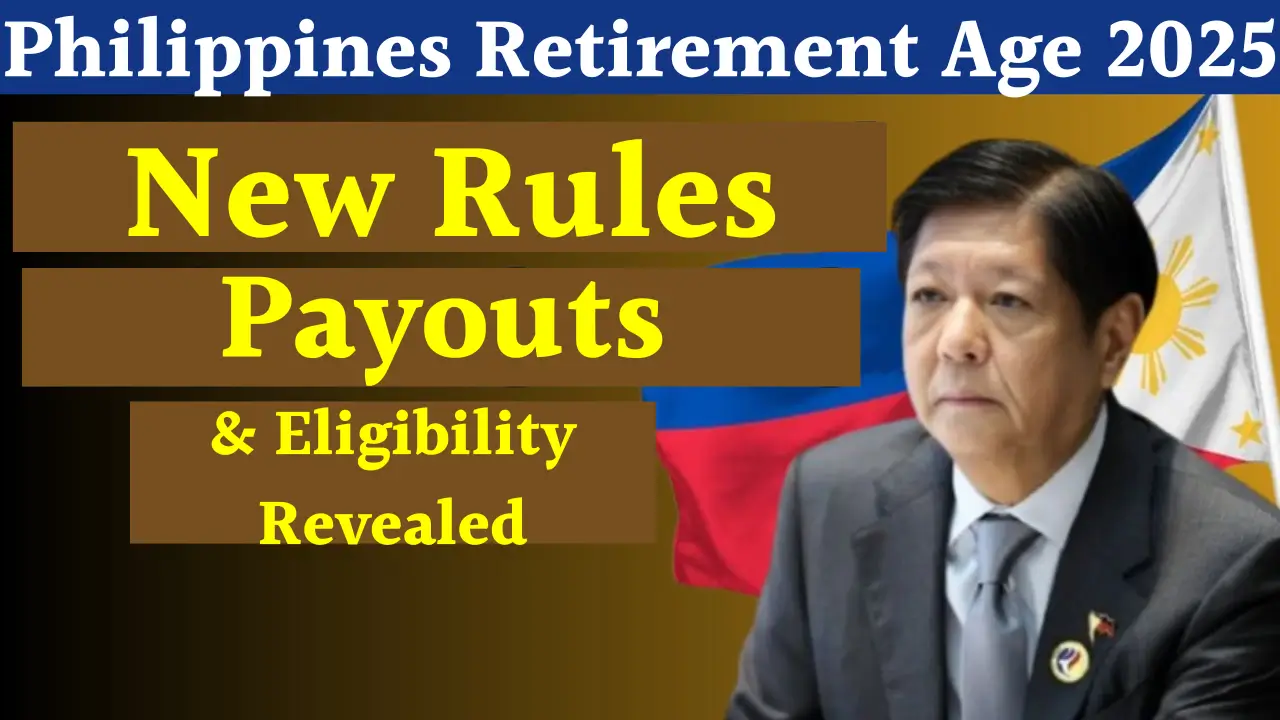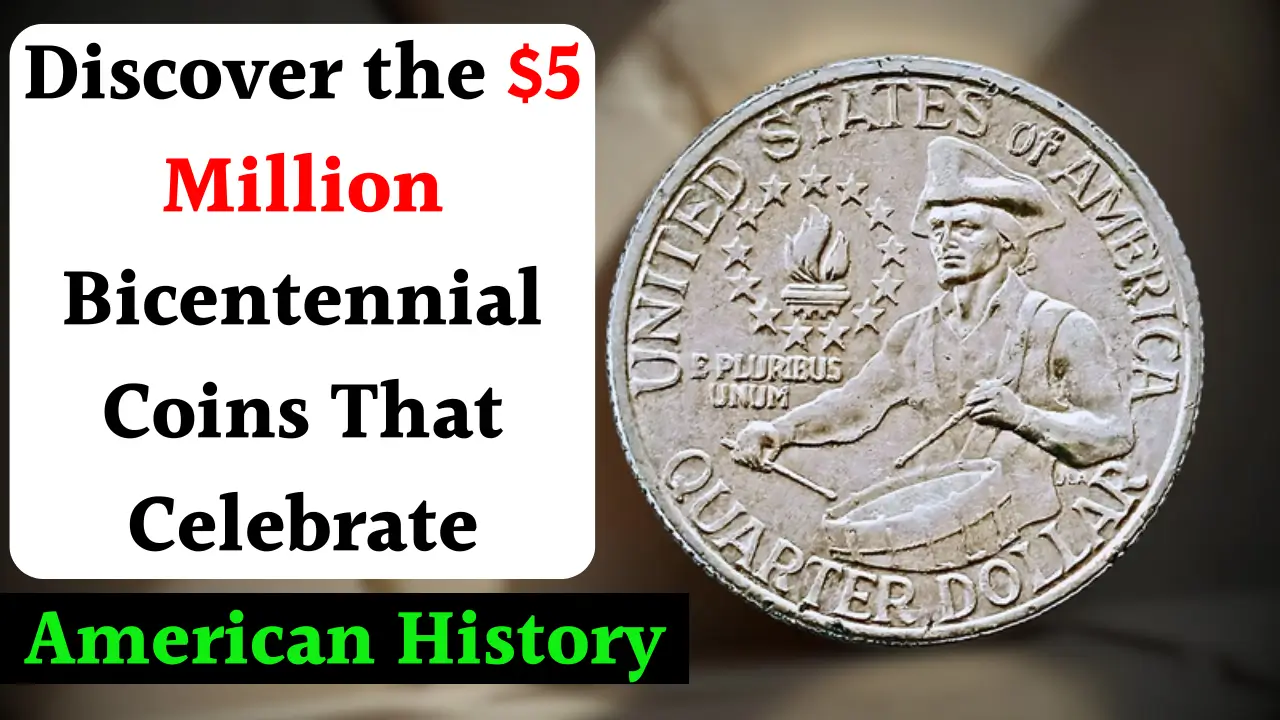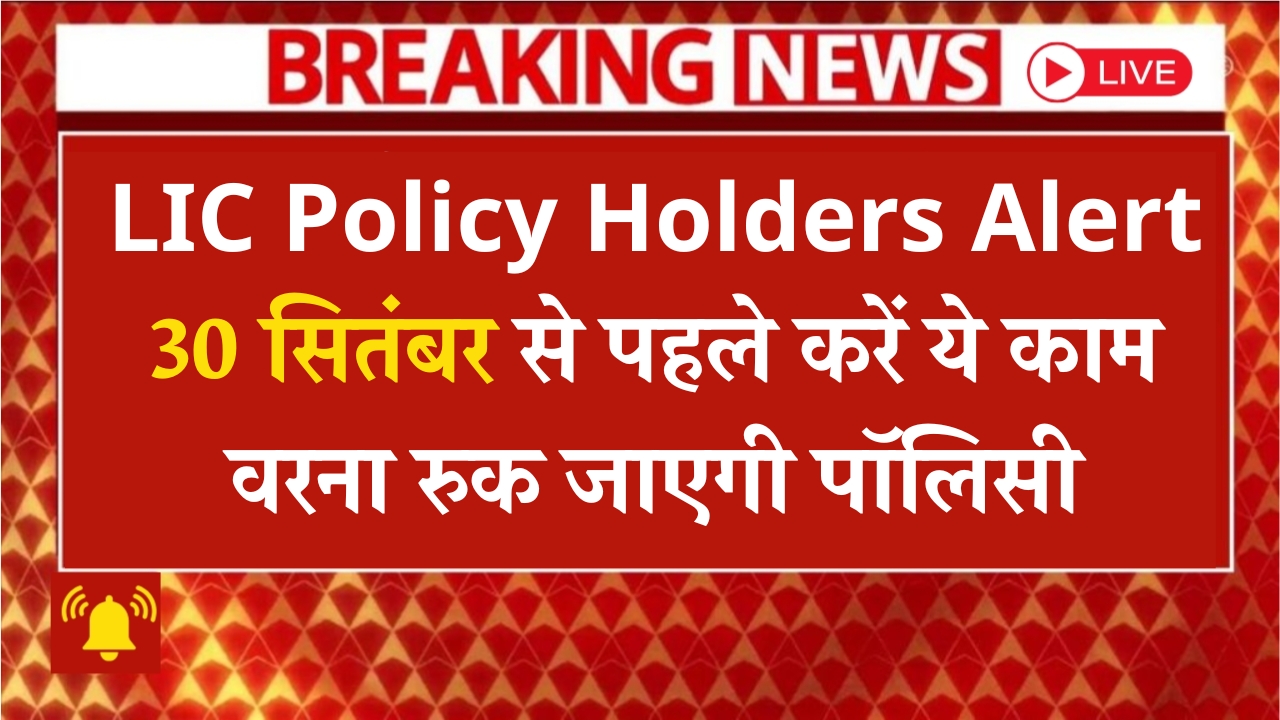The UK government continues to provide support to those struggling with rising living costs by offering a £500 Cost of Living Payment through the Department for Work and Pensions (DWP) in September 2025. This one-off payment aims to assist vulnerable households, including pensioners, disabled people, and low-income families, in managing essential expenses such as energy bills, food, and transportation.
Overview of the £500 Cost of Living Payment September 2025
Despite inflation cooling from its peak, the cost of essentials like food, rent, and energy remains significantly higher than pre-crisis levels, putting pressure on many UK households. The Department for Work and Pensions (DWP) has confirmed it will distribute £500 payments in 2025 to eligible individuals receiving certain benefits. This payment is targeted financial help intended to ease the burden on those most affected by ongoing economic challenges.
This scheme is selective and focused to ensure the support reaches those with the greatest financial need, rather than being a universal payment. The £500 payment is paid automatically to qualifying recipients without the need for a separate application.
Who Is Eligible for the £500 Cost of Living Payment?
Eligibility primarily depends on whether the recipient receives qualifying benefits on certain dates set by the DWP. Key groups expected to qualify for the £500 payment in September 2025 include:
- People receiving Universal Credit
- Pensioners on Pension Credit
- Disabled people receiving Personal Independence Payment (PIP), Disability Living Allowance (DLA), or Attendance Allowance
- Individuals claiming Income Support or Jobseeker’s Allowance (income-based)
- Carers receiving Carer’s Allowance under specific conditions
Pensioners not currently on Pension Credit may miss this payment, so applying for Pension Credit before the qualifying date is essential to secure eligibility.
Eligibility is also not extended to those whose benefits were reduced to zero during the qualifying period, such as due to increased earnings or sanctions.
Payment Dates and Distribution
While exact payment dates in September 2025 are not yet officially confirmed, based on past DWP payment schedules, the £500 payment is expected to be paid between September and November 2025. Payments will be made directly into recipients’ bank accounts used for their benefits or pensions, typically appearing on bank statements as “DWP COLP” to indicate the Cost of Living Payment.
Recipients do not need to apply separately as payments are processed automatically for those qualifying. However, timely submitting claims or renewing claims for qualifying benefits remains crucial for entitlement.
Table: Summary of Cost of Living Payment Eligibility and Payment Dates (Example from previous payment schedules)
| Benefit Type | Payment Amount | Qualifying Benefit Period | Expected Payment Date Range |
|---|---|---|---|
| Universal Credit | £500 | Based on assessment period in mid-2025 | Sep-Nov 2025 |
| Pension Credit | £500 | On qualifying dates in 2025 | Sep-Nov 2025 |
| Personal Independence Payment (PIP) | £500 | Receiving PIP in 2025 | Sep-Nov 2025 |
| Disability Living Allowance (DLA) | £500 | Receiving DLA in 2025 | Sep-Nov 2025 |
| Attendance Allowance | £500 | Receiving Attendance Allowance in 2025 | Sep-Nov 2025 |
| Income Support / Jobseeker’s Allowance | £500 | Receiving qualifying income-based benefits | Sep-Nov 2025 |
Why Is the £500 Payment Important in 2025?
Though inflation has moderated, the cost of living remains a challenging issue. Food prices remain about 20% higher than before the crisis, energy bills are still above earlier years, and housing costs have soared. Many households face difficulty balancing rising bills with stagnant wages, making this payment a vital relief.
The payment provides financial breathing space for essentials such as:
- Energy and heating bills
- Food and daily groceries
- Transport costs
- Other basic household expenses
Important Notes for Claimants
- Claims for benefits like Universal Credit must be active and compliant to ensure automatic payment.
- If benefits were reduced to zero due to increased earnings or sanctions, the claimant may not receive the payment unless specific hardship conditions apply.
- Joint claims receive a single payment of £500.
- Carers and disabled people must be on qualifying benefits to be eligible.
- The payment is tax-free and does not affect other benefits or tax credits received.
Future of Cost of Living Payments
Experts suggest that while the £500 payment is essential support for 2025, the long-term approach might shift from one-off payments to more sustainable assistance methods. This may include reforming benefits to reflect ongoing economic pressures rather than relying on periodic lump sums. However, for 2025, this £500 payment is a crucial part of government support for vulnerable groups.
FAQs
1. Who qualifies for the UK £500 Cost of Living Payment in September 2025?
Those on benefits such as Universal Credit, Pension Credit, PIP, DLA, Attendance Allowance, Income Support, and Jobseeker’s Allowance may qualify if receiving these on specified dates in 2025.
2. Do I need to apply for the £500 Cost of Living Payment?
No separate application is required. The DWP will pay eligible recipients automatically based on their benefits status.
3. When will the £500 payment be made?
Payments are expected between September and November 2025, directly into your bank account used for benefits.
4. What if my benefit was reduced to zero?
You may not be eligible if your benefit entitlement was reduced to zero during the qualifying period due to increased earnings or sanctions unless you qualify under specific hardship rules.
5. Will this £500 payment affect my other benefits or taxes?
No. The payment is tax-free and will not impact any other benefits or tax credits you receive.
Conclusion
The UK £500 DWP Cost of Living Payment for September 2025 is an important financial support measure designed to ease the ongoing pressures faced by many households grappling with high living costs. Those receiving qualifying benefits should prepare to receive this payment automatically, helping them meet essential expenses during challenging economic times.
